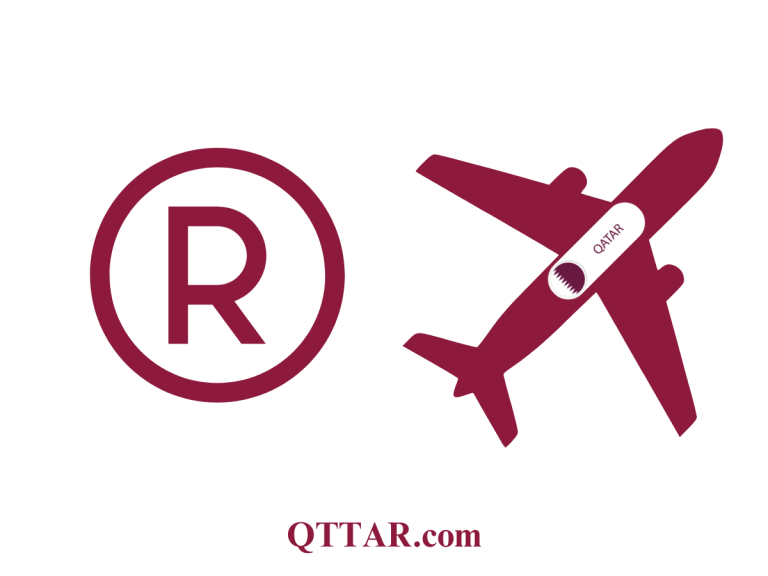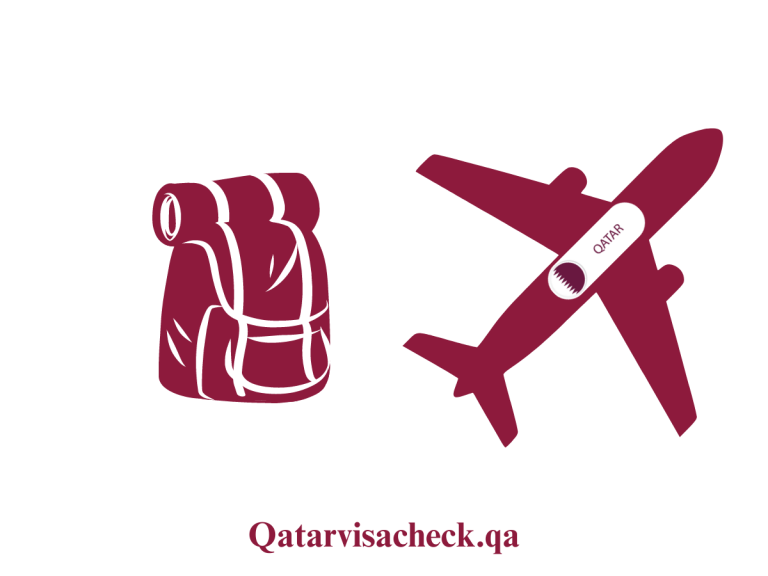Qatar’s Digital Generation: Trends, Tech, and Daily Life

We all know that digital development is prevalent in Europe and the Americas, but did you know that this transformation is also present in the heart of the Arabian Peninsula, in Qatar? The country has an ambitious national strategy and a fast-paced infrastructure development that is being driven by young people. As a result, Qatar is positioning itself as a digital hub in the Middle East. This shift is not limited to government initiatives or corporate innovation – the thirst for innovation is deeply ingrained in the daily lives of Qataris. From the way they consume media to the way they learn, Qatar’s current generation is showing the world what a digital future can look like. In this article, we’re going to tell you about the main trends, technologies and lifestyle changes in this country.
Youth at the Core: Demographics Driving Digital Change
Qatar boasts one of the youngest and most connected populations in the region. Over 75% of residents are under the age of 40, with a significant portion comprising digital natives—those born into the world of smartphones, broadband, and social media. This demographic reality has influenced both public and private sectors to prioritize mobile-first platforms, e-learning tools, and AI-driven services that cater to a younger audience.
If we talk about esports, the country is also well developed here. Competitive gaming is a national phenomenon and is played by both children and adults. Many people are interested in CS2, and some in lol scores, but the point is the same: esports is an important part of digital life in Qatar. Moreover, the country often hosts large-scale tournaments. These events are more than just entertainment, they serve as a social space, a way to compete, career paths, and even an economic component for the country’s development. So, thanks to the development of the digital world and technology, Qatar can make a bigger statement about its country and the world.
Education and Learning in a Hyperconnected Society
Qatar’s education system has embraced digital transformation at a remarkable pace. The Ministry of Education has introduced hybrid learning platforms at all academic levels, combining traditional classroom approaches with online resources, artificial intelligence tutors and virtual classrooms. Initiatives such as Qatar’s National E-Learning Portal and collaborations with universities around the world have given students unprecedented access to international curricula from the comfort of their homes.
The development is not only in words, but also in the creation of mobile learning apps, specialised coding boot camps and interactive platforms. You’ve all heard of Kahoot or Edmodo, and they are widely used by both teachers and students in Qatar. Moreover, learning about e-sports, such as league of legends tournaments, is not only useful but also interesting for students and encourages them to acquire knowledge. For many young Qataris, digital literacy has become a habit and a fundamental aspect of education. Perhaps it is this aspect that affects their ability to participate in the global economy. Whether it’s through smart boards in classrooms or AI-powered tutors, technology is helping to bridge education gaps and empowerment. Qatar is definitely at the forefront of digital education.

Social Media and Digital Identity in Modern Qatar
In today’s Qatar, social media serves much more than just entertainment – it plays a crucial role in shaping personal and collective digital identities. Apps such as Instagram, Snapchat, TikTok and Twitter are now vital tools for self-presentation, entrepreneurship and engaging in social dialogue. The younger generation in Qatar is actively using these platforms to share their daily experiences, support social initiatives and participate in public discourse.
If you’re looking for what sets Qatar’s digital generation apart, we know the answer. It lies in the way they navigate global platforms, respecting cultural boundaries and developing their abilities. For example, social media influencers have a good balance between creating contemporary content and preserving traditional Qatari values. Government agencies and app publishers have even launched campaigns to educate users about digital ethics, cyberbullying, and recognising disinformation, promoting responsible online behaviour. These are basic things, but they must be present in the education of today’s young generation.
In addition, e-commerce via social platforms is booming. Instagram stores, WhatsApp business accounts and influencer-driven product launches are part of a growing digital economy shaped by the behaviour and preferences of young people. Online entrepreneurship is emerging as a viable pathway, especially for women and young creatives who see the internet as a space for innovation without traditional constraints.
Gaming, AI, and Emerging Technologies in Daily Life
Gaming is at the forefront of the lifestyle of Qatar’s digital generation. Professional and amateur players alike go beyond just consuming content to actively create their own, as well as forming and maintaining online communities. Platforms such as Twitch and YouTube Gaming are contributing to the popularity of local streamers, and esports tournaments held in Doha are attracting increasing interest in the region. Esports clubs are emerging at universities, and government initiatives are increasingly recognising video games as an integral part of youth culture.
In addition to gaming, artificial intelligence and smart technologies are developing rapidly in the country. They are not yet so widely woven into everyday life, but they are at a good level of involvement. They range from face recognition systems in public transport to AI assistants in smartphones. Qatar is one of the main countries actively investing in the development of artificial intelligence. Smart cities such as Lusail are examples of this integration. The cities have automated lighting, weather monitoring, and autonomous transport, making life as comfortable as possible for local residents.
Wearable technology, especially fitness and bike trackers, is also popular among young people. These tools are in line with the combination of traditional and digital values, which proves Qatar’s national focus on health and well-being. Smart home systems, the most popular of which are Alexa or Google Assistant, have become commonplace in many Qatari households.
Conclusion
Putting all the facts together, Qatar’s digital generation is adapting to and embracing technological change. With support and a strong foundation in connectivity, education and youth-focused innovation, the country is becoming an important hub for digital culture. From integration into education to the development of esports, everyday life in Qatar is increasingly shaped by technology. The country’s commitment to digital development, combined with a young, motivated population, points to a future where technology is an important tool and aspect of national identity. As Qatar continues to invest in innovation and the pace of development is very high, its digital generation will remain a central driver of progress and transformation.

Ammara Abdullah is an experienced writer and editor specializing in technology and digital trends. With over 5 years of experience, she produces insightful articles on emerging tech, consumer electronics, and digital culture. Ammara holds a degree in journalism and is passionate about making complex topics accessible to readers.






